The new Transit Bar was gearing up for a big opening but was forced to postpone due to staff absences. Photo: Transit Bar.
Local businesses are struggling through what they say is a lockdown in all but name, and without any government handouts this time.
Businesses say the customers aren’t coming because they’re in quarantine or scared to go out in case they catch COVID-19. Bookings are being cancelled and people aren’t buying as much as they usually would.
Then, there are the compounding issues of staff shortages and supply chain woes, making it difficult to operate a viable business in the current environment.
All in all, according to Canberra Business Chamber CEO Graham Catt, it wasn’t the start to the year business was hoping for.
“Businesses are open and not prohibited from trading, but they have no choice but to close or to operate in a reduced capacity because they haven’t got the staff and in some cases haven’t got the stock,” he said.
Mr Catt noted the issue of staff and customers being notified as contacts or as cases themselves is exacerbated by the long turnarounds for results, and in some cases, the impossibility of getting a PCR test in the first place.
“With four to five days to get a result for a PCR test, small businesses have no option but to close while they wait for results … the solution would be access to rapid antigen tests, but they just aren’t available,” he said.
“There’s also just a sense of a general downturn in trade – particularly for customer-facing businesses like hospitality and retail.”
For many businesses, the summer months’ trade often sets them up for the rest of the year, and they are finding it tough to deal with such a slow period right now, which as Mr Catt explained, is punctuated by “lots of no-shows, lots of cancellations”.
Hospitality businesses, especially those that rely on live music, dancing and entertainment have been hit particularly hard.
Transit Bar had intended to reopen its new venue by now, but venue manager Kierain Bunton said the current environment meant that just wasn’t possible.
The biggest issue facing Mr Bunton is a lack of staff.
“On our first soft launch night we had a staff member test positive from a RAT test, so we all had to isolate and get tested which put us back.”
While they were isolating, the government announced that live music was effectively cancelled by the current restrictions that ban dancing and standing while drinking and eating.
Now Mr Bunton said it’s like “everyone is getting it”, which makes it exceedingly difficult to get staff on board and entice them to stay.
“There’s just no certainty. If we open next week with a couple of staff members and one tests positive, we will effectively have to shut again,” he explained.
Nearby Fiction Nightclub has shut its doors for “the time being” due to these restrictions. The club had previously decided to reschedule all of its shows in January.
Mooseheads has also closed its doors “due to the current COVID restrictions”. A post on the club’s Facebook page said these restrictions made “trading unsustainable for hospitality venues like ours”.
“Our thoughts are with our seventy-plus staff who will receive zero support from the government,” the post read.
As to what exactly can be done about it, Mr Catt said it’s likely the Commonwealth and state governments won’t provide the same levels of financial support as they did in previous lockdowns.
Access to rapid antigen tests for small businesses is important, he said, but so is increasing community and customer confidence.
“The general message of being cautious and staying home to minimise transmission is translating into people not coming out and spending money.”
He said what’s needed and wanted from governments by business isn’t so much a “handout or financial assistance, it’s to have the trade there to actually allow business to function”.
“We’ve urged the government to consider how they can support businesses, even if it’s not through direct financial support,” Mr Catt explained. One example of this is the small business hardship scheme that provides refunds on some government payments costs.
But, as he noted, it all depends on exactly how long the pandemic will go on.





















